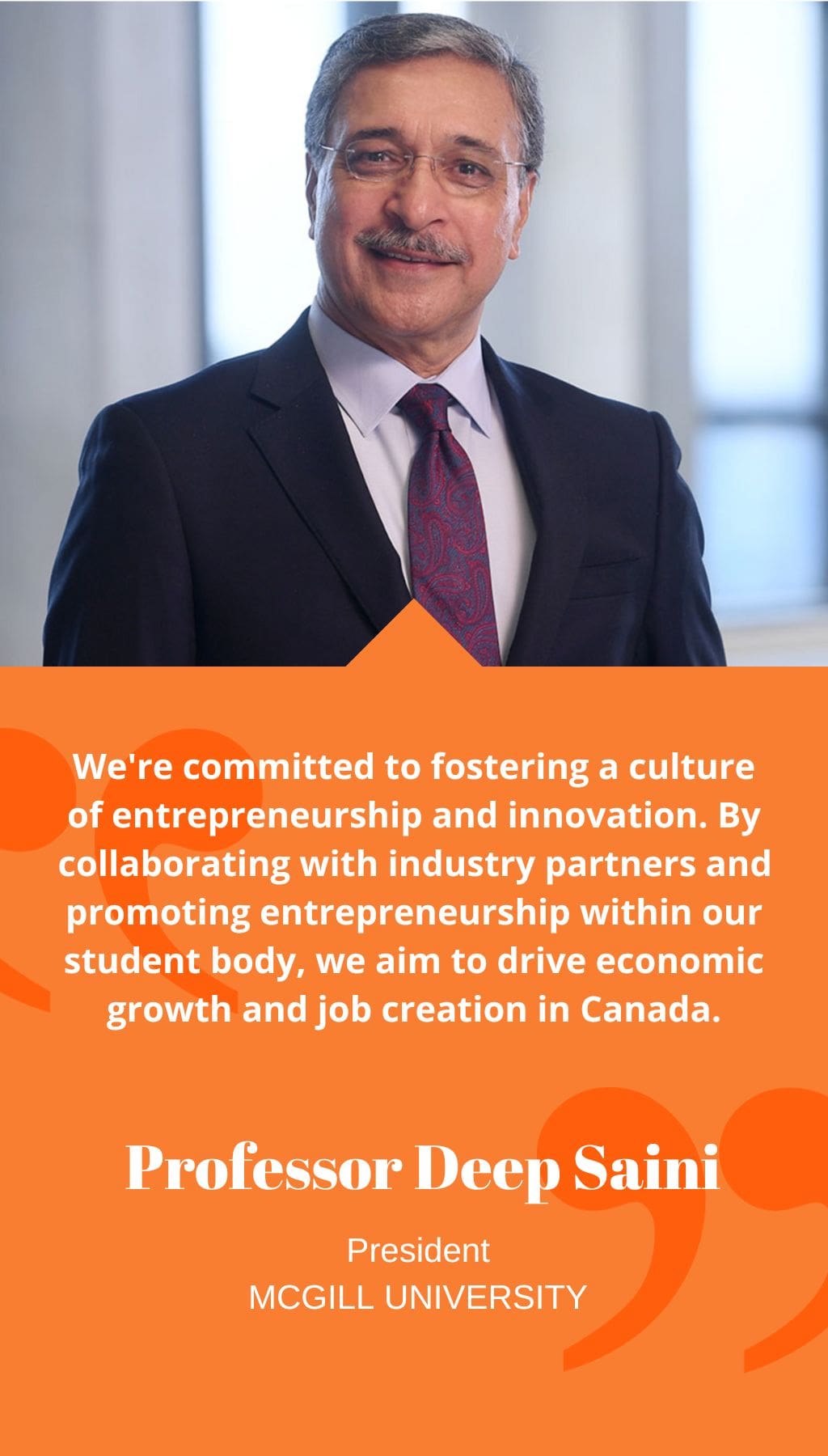
- Canada | 3 March 2023

To start, could you provide some insights into how McGill University has historically contributed to the Canadian education system?
Certainly. McGill University has a rich history of academic excellence dating back to our founding in 1821. We’ve played a vital role in shaping not only Canadian but also global education. McGill has consistently ranked as one of the top universities in the world and is known for its research contributions across various disciplines.
Our commitment to fostering an inclusive and diverse community has been a cornerstone of our success. We’ve attracted students and faculty from around the world, contributing to the cultural and intellectual vibrancy of Canada.
Impressive legacy. Looking ahead, what are some of the key initiatives and goals that McGill University has set to continue its contribution to the Canadian education landscape?
McGill’s vision for the future is centered on innovation, research, and accessibility. We aim to expand our research efforts to address pressing global challenges, from climate change to public health. Interdisciplinary collaboration will be crucial in these endeavors.
In terms of accessibility, we’re working to ensure that all qualified students, regardless of their background, have the opportunity to benefit from a McGill education. This includes enhancing financial aid programs and creating pathways for underrepresented groups in academia.
Additionally, we’re committed to fostering a culture of entrepreneurship and innovation. By collaborating with industry partners and promoting entrepreneurship within our student body, we aim to drive economic growth and job creation in Canada.
Those are indeed commendable goals. As we know, the Canadian education landscape is evolving rapidly. What are some of the challenges that you anticipate and how does McGill plan to address them?
The evolving landscape poses several challenges. One key challenge is adapting to digital learning and the changing expectations of students. McGill is investing in modernizing our educational offerings to meet the needs of a digitally connected world. This includes enhancing our online learning platforms and providing resources for faculty to excel in digital pedagogy.
Another challenge is mental health and well-being. The pressures of academic life can be significant, and we’re expanding our support services to ensure our students have access to the help they need.
Furthermore, global competition for talent and research funding is intensifying. McGill will continue to foster international collaborations and seek partnerships that enhance our global presence and impact.
McGill’s commitment to addressing these challenges is evident. Finally, what are your thoughts on the future of Canadian education, and how do you see McGill University contributing to it?
The future of Canadian education is bright and dynamic. We see it as a future marked by innovation, accessibility, and global collaboration. McGill University aims to be at the forefront of these developments.
We will continue to drive groundbreaking research that addresses societal challenges, ensuring that our discoveries benefit not only Canadians but people worldwide. Our commitment to accessibility means that more students from diverse backgrounds will have the opportunity to thrive academically and contribute to Canada’s prosperity.
Moreover, we believe that through collaboration with other educational institutions, government agencies, and industry partners, we can collectively shape the future of education in Canada. Together, we can overcome challenges and seize opportunities to provide a world-class education for all.














